The 2023 United Nations Climate Change Conference, or COP 28, kicked off a few days ago. The need to slash anthropogenic carbon emissions is urgent, yet delegates should also bear in mind that nature can and must play an essential role in fixing our climate.
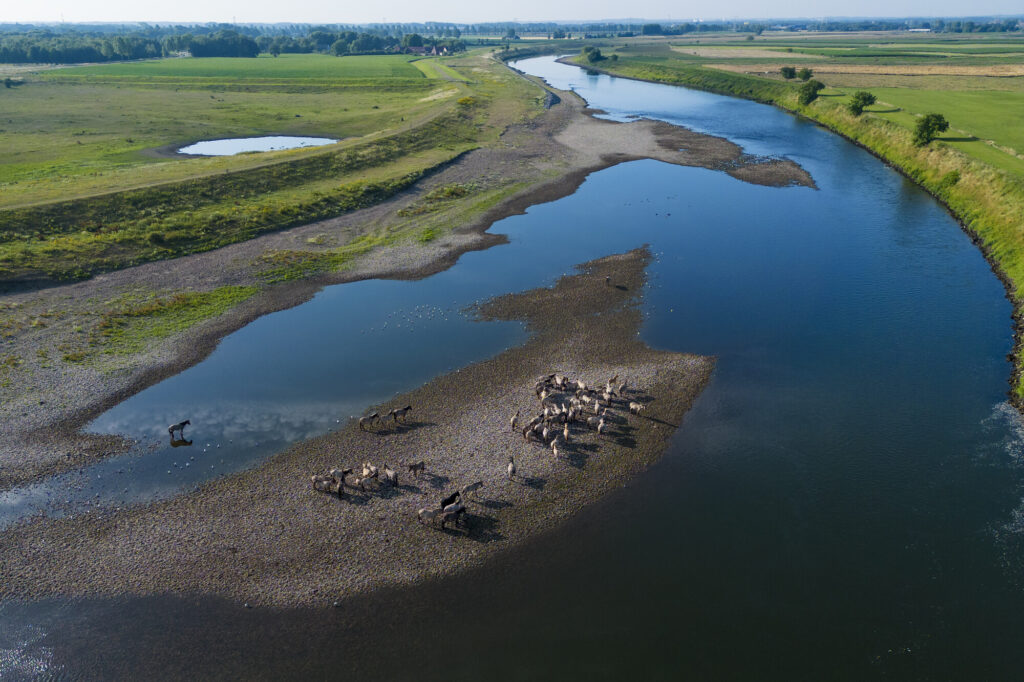
Reduce AND rewild
According to Sultan Al Jaber, the president-designate of the UN COP28 climate summit, an “unprecedented outcome” that would keep our hopes of limiting global temperature rises to 1.5°C is still within reach. Over the next two weeks, more than 70,000 delegates from 198 countries will gather in Dubai to try to forge agreement on how to reduce greenhouse gas emissions, in order to keep within this critical threshold. With the world already experiencing extreme climate-related effects such as wildfires and rising sea levels on a growing scale, the imperative to achieve such an outcome couldn’t be more pressing.
Yet even if we reduce our carbon emissions to zero tomorrow, this won’t be enough – on its own – to meet the 1.5°C target. We have already pumped too much carbon dioxide into the atmosphere, which now needs to be removed and stored on land and in the sea. If we are to effectively address climate change, this means we need nature’s help – its forests, seagrass beds, and peatlands, its whales and its wildebeest – to go beyond net zero. And to maximise the help nature can provide us with, we need to rewild at scale.
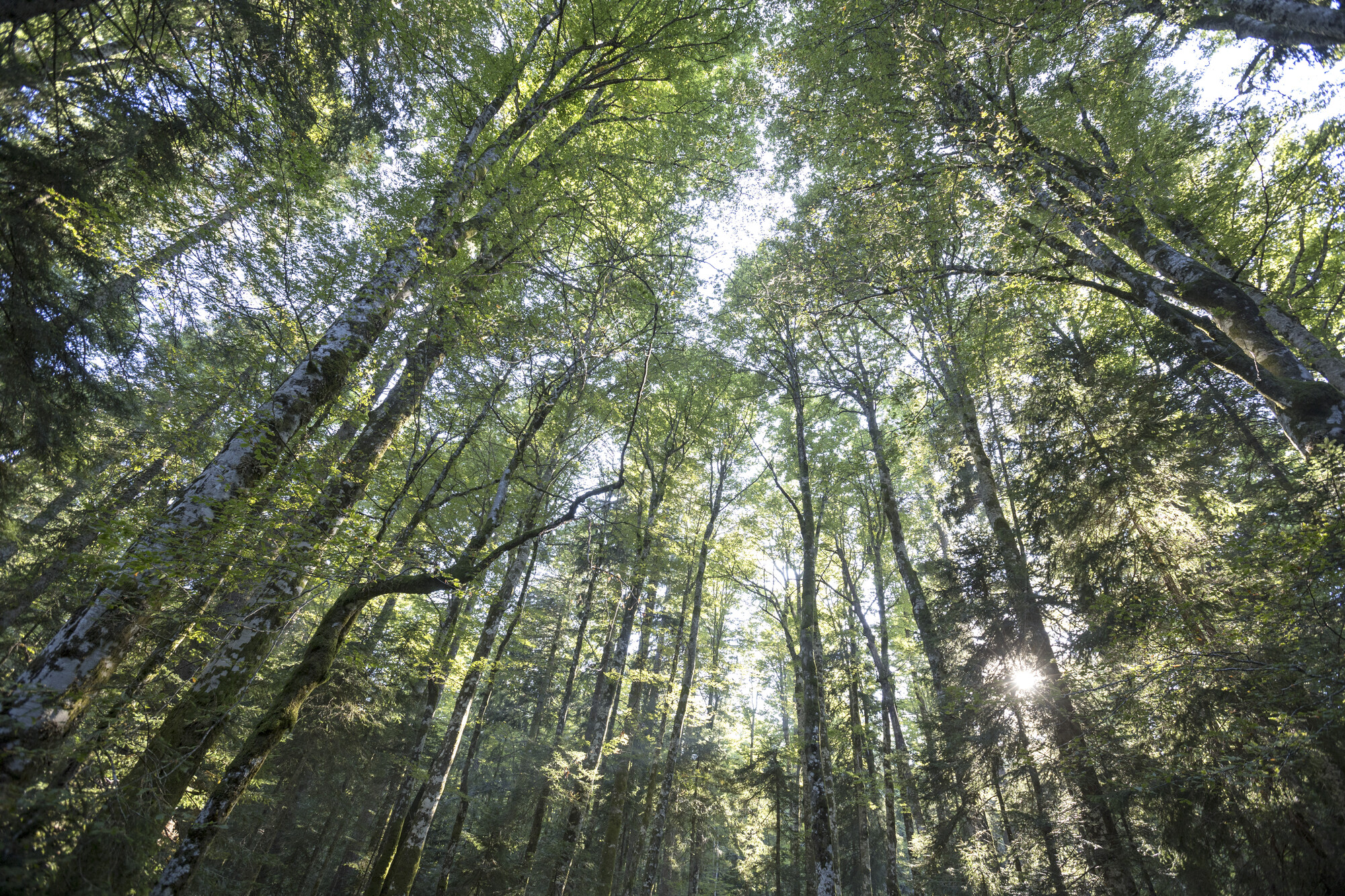
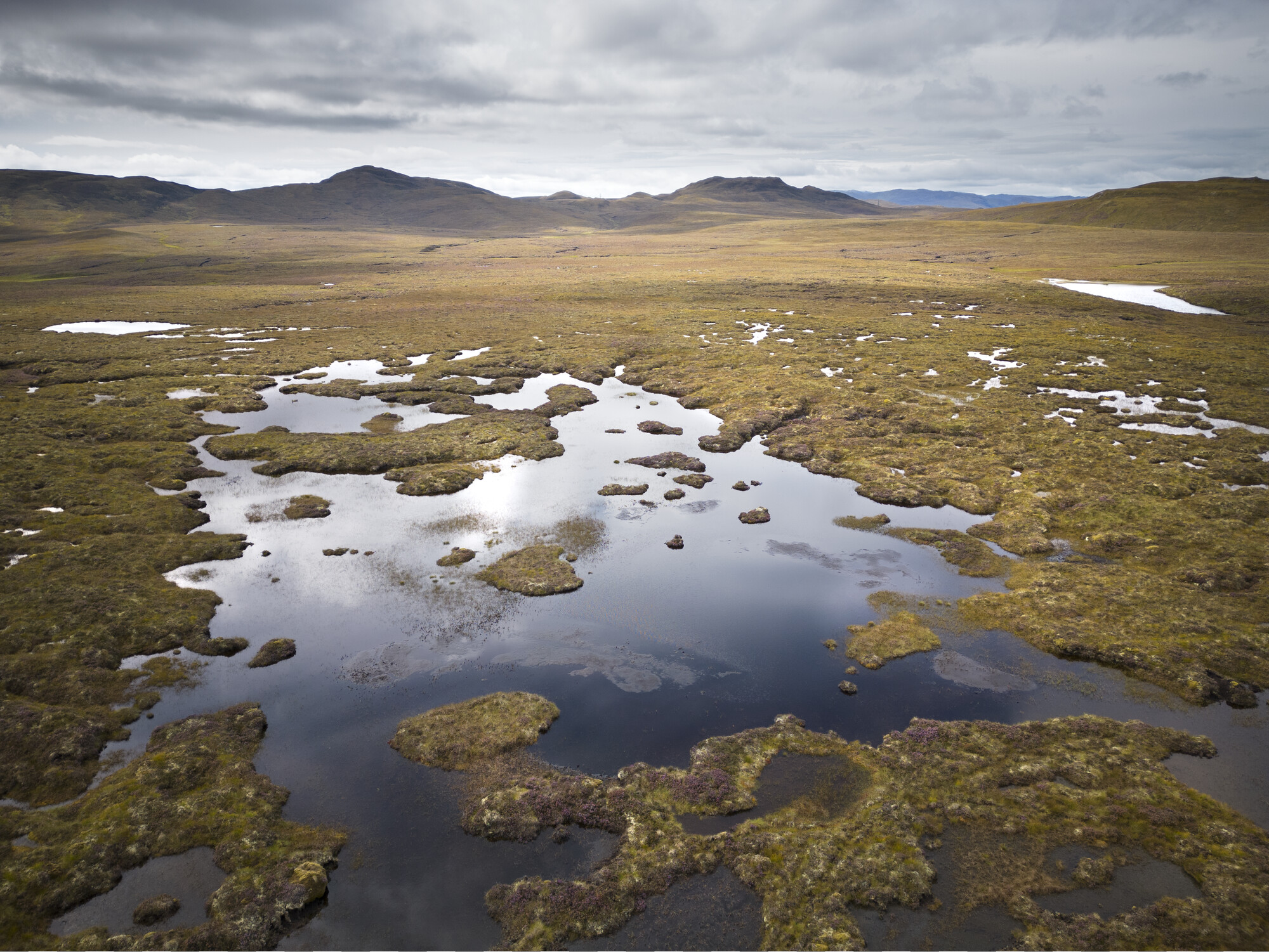
It’s time to change the narrative
Many people have disengaged completely on climate change because the traditional narrative fails to energise them. But what if there was a way to address climate change, reverse biodiversity decline, and deliver a more liveable and prosperous world for future generations – all at the same time? And what if we could all embark on this approach immediately and save money in the process?
Step forward: an approach to helping fix our climate that is as hopeful and profound as it is simple – rewilding. As a so-called “nature-based climate solution“, rewilding is practical, cost-effective, and available right now. It doesn’t involve gimmicky, expensive techno-fixes for achieving “net zero” emissions, such as capturing atmospheric carbon and injecting it into volcanic rocks, and we can all contribute and make a difference – from backyard gardeners to big corporations.
By revitalising natural processes and supporting the comeback of wildlife, rewilding restores the overall health and functionality of entire ecosystems – ecosystems that are then able to play their optimal role in the global carbon cycle once again. Rewilding can also help to boost climate resilience, enabling communities – both ecological and human – to adapt to the worst impacts of climate change, from catastrophic wildfires and flooding to shifting climate zones.
Both animals and the habitats where they live play fundamental and interconnected roles in the global carbon cycle. This means that both are important when it comes to rewilding as a nature-based climate solution. If we restore carbon-rich natural ecosystems such as wild forests, grasslands, coastal habitats and peatlands they can absorb and store far greater quantities of carbon, while the potential for restoring marine, freshwater and terrestrial wildlife populations to help stabilise our climate is also massive.
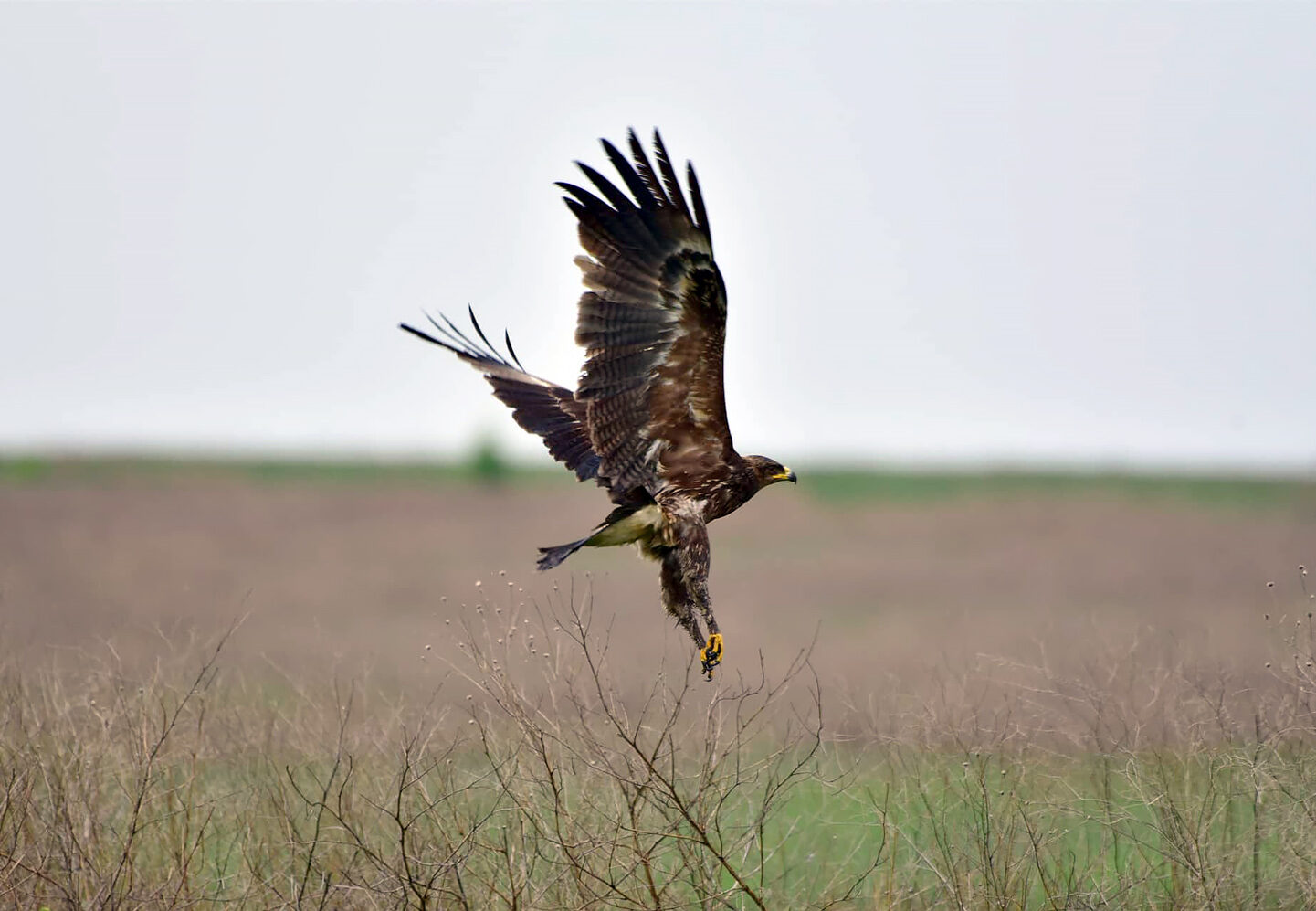
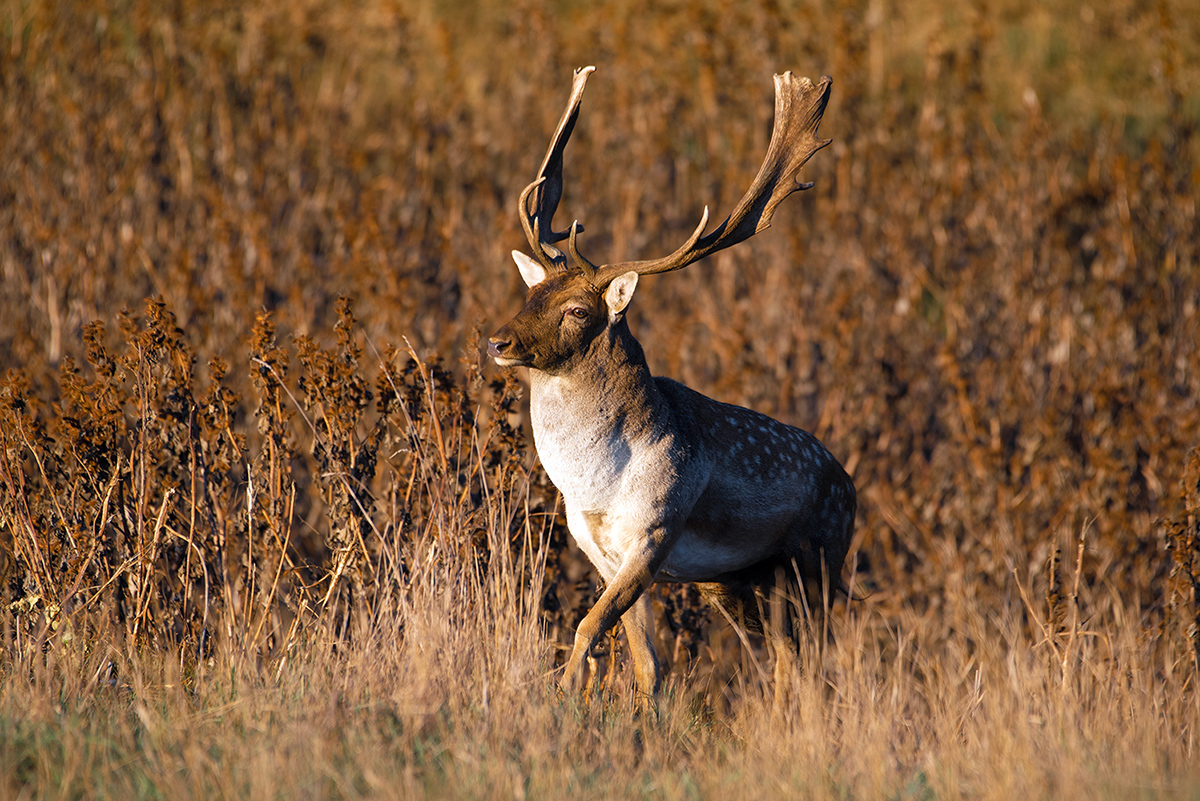
Let’s make 1.5°C a reality
Rewilding can’t bring global warming to a halt on its own. But it could play a pivotal role stabilising our climate over the long-term, if we focus our minds and resources on restoring ecosystems across the world to full health and functionality as quickly as possible. Contrary to the clickbait currently doing the rounds, keeping global temperature rises to within 1.5°C is entirely possible – but only if we take steps now to help nature help us.
Rewilding can deliver many other co-benefits besides helping to fix our climate and enhance biodiversity. It can provide recreational and educational opportunities for communities, enhance human health and wellbeing, contribute to the economic revitalisation of rural areas through the creation of new jobs and businesses, and support the preservation of cultural heritage. It is also an inspiring and inclusive solution that can bring people together and engage them in the process of protecting and restoring the natural world. By acting decisively and enabling rewilding at scale, we can change the dismal climate change narrative for good.
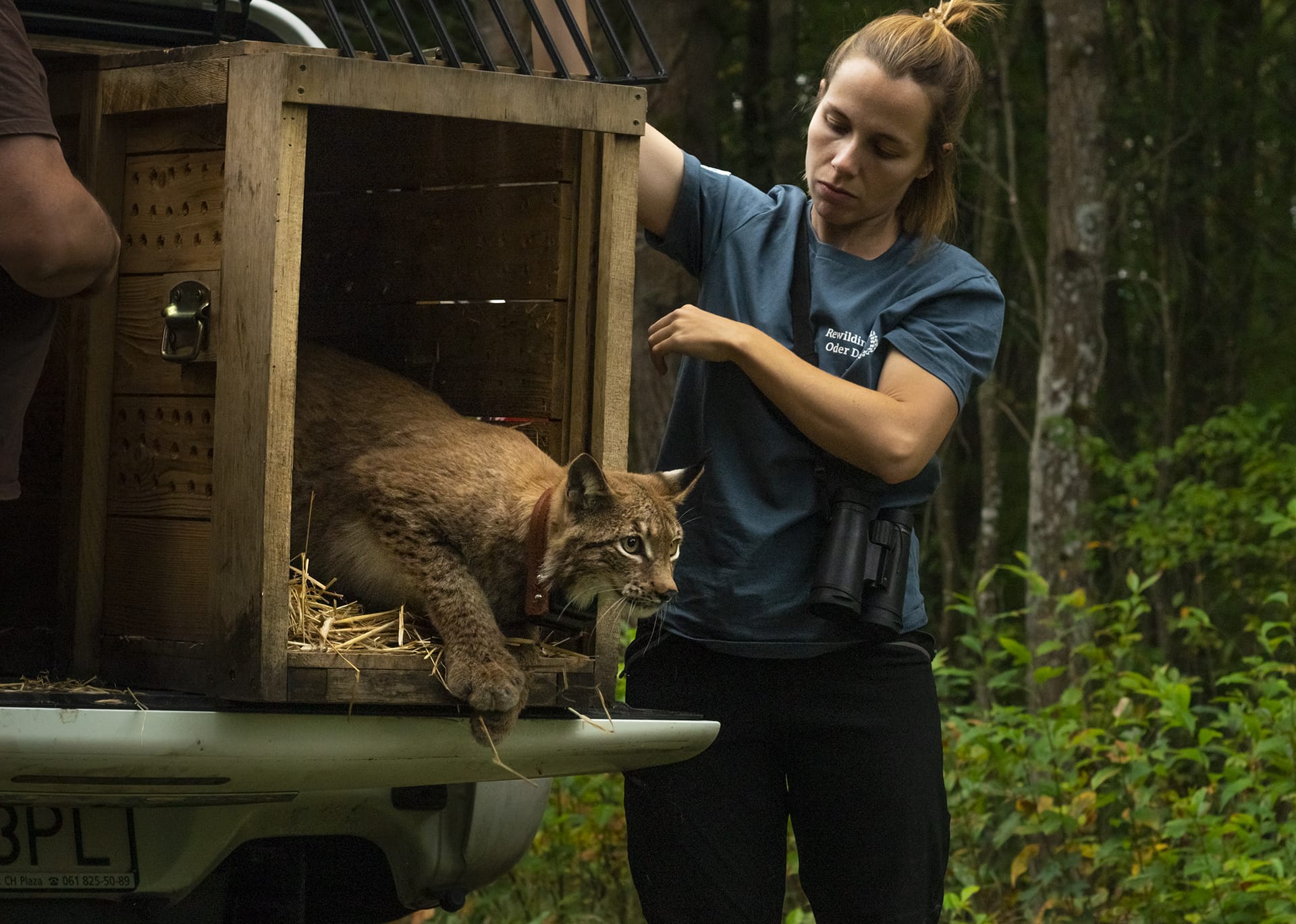
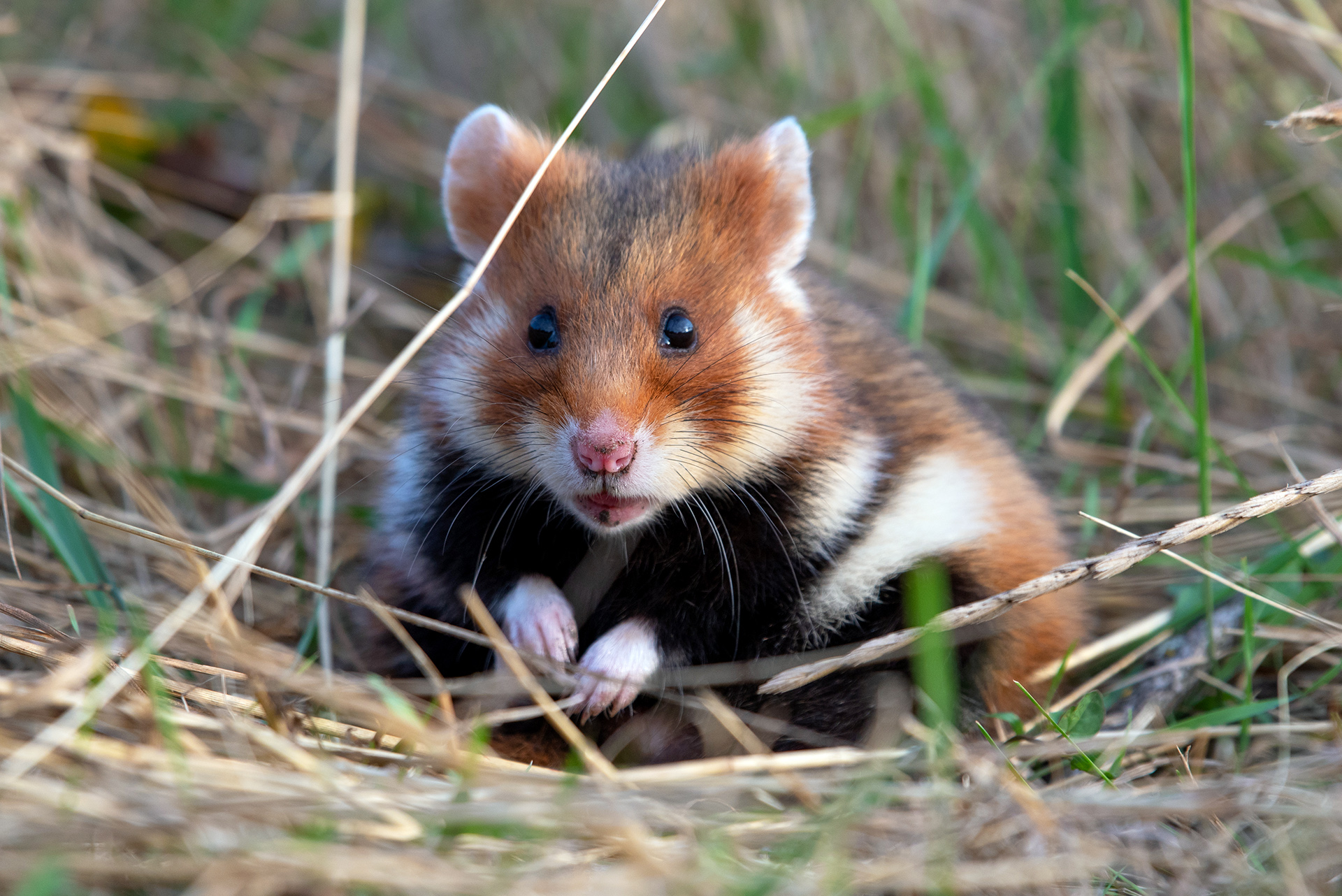
In the 12 years since it was founded, Rewilding Europe has worked hard to support the scaling up of rewilding as an essential nature-based climate solution. As we continue these efforts, together with our partners in the new European Rewilding Coalition, we invite companies, organisations, institutions, foundations and individuals to join us. By supporting rewilding, you can help to address climate change and biodiversity decline at the same time, and make the world more prosperous and liveable for all. This would truly be an unprecedented outcome.